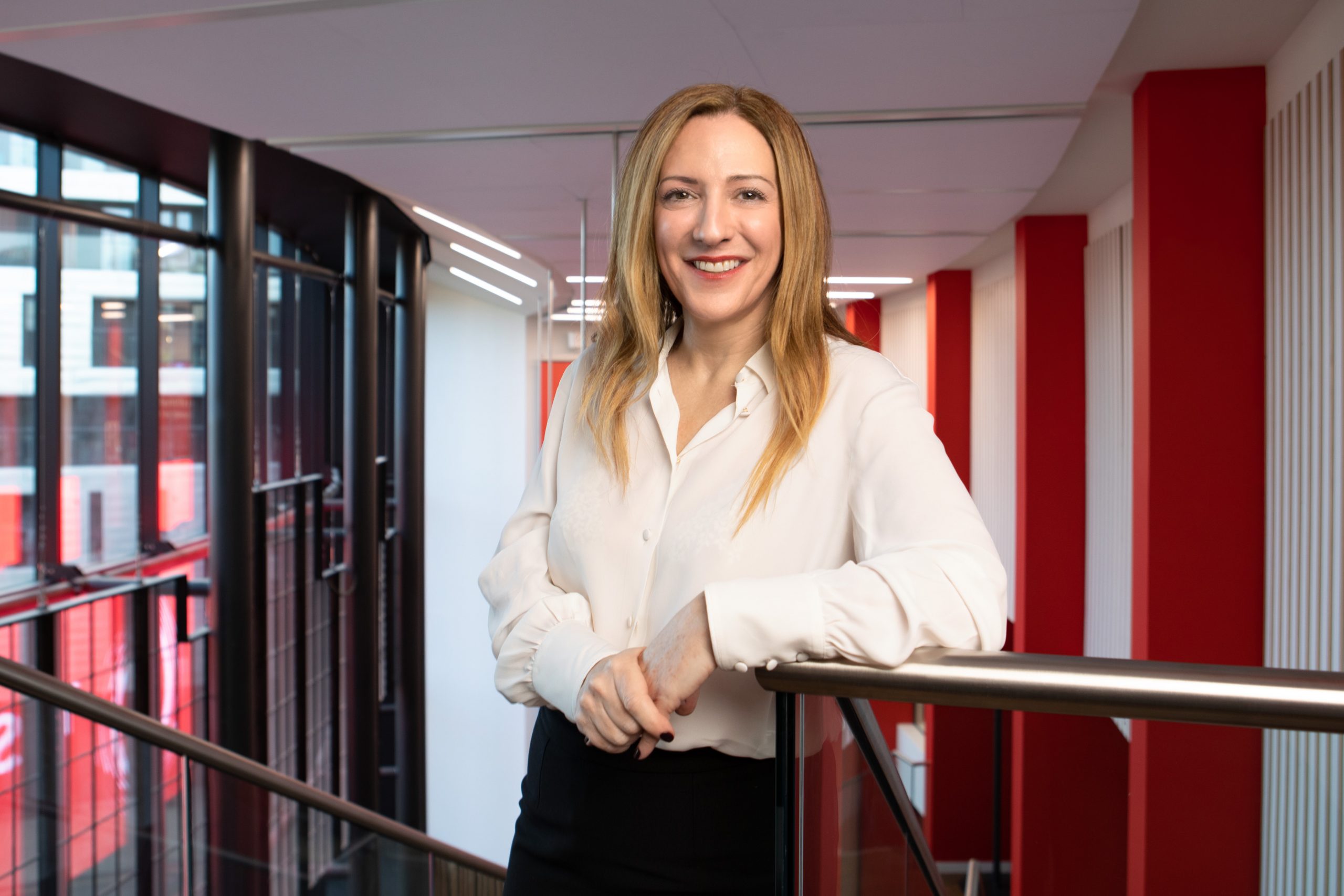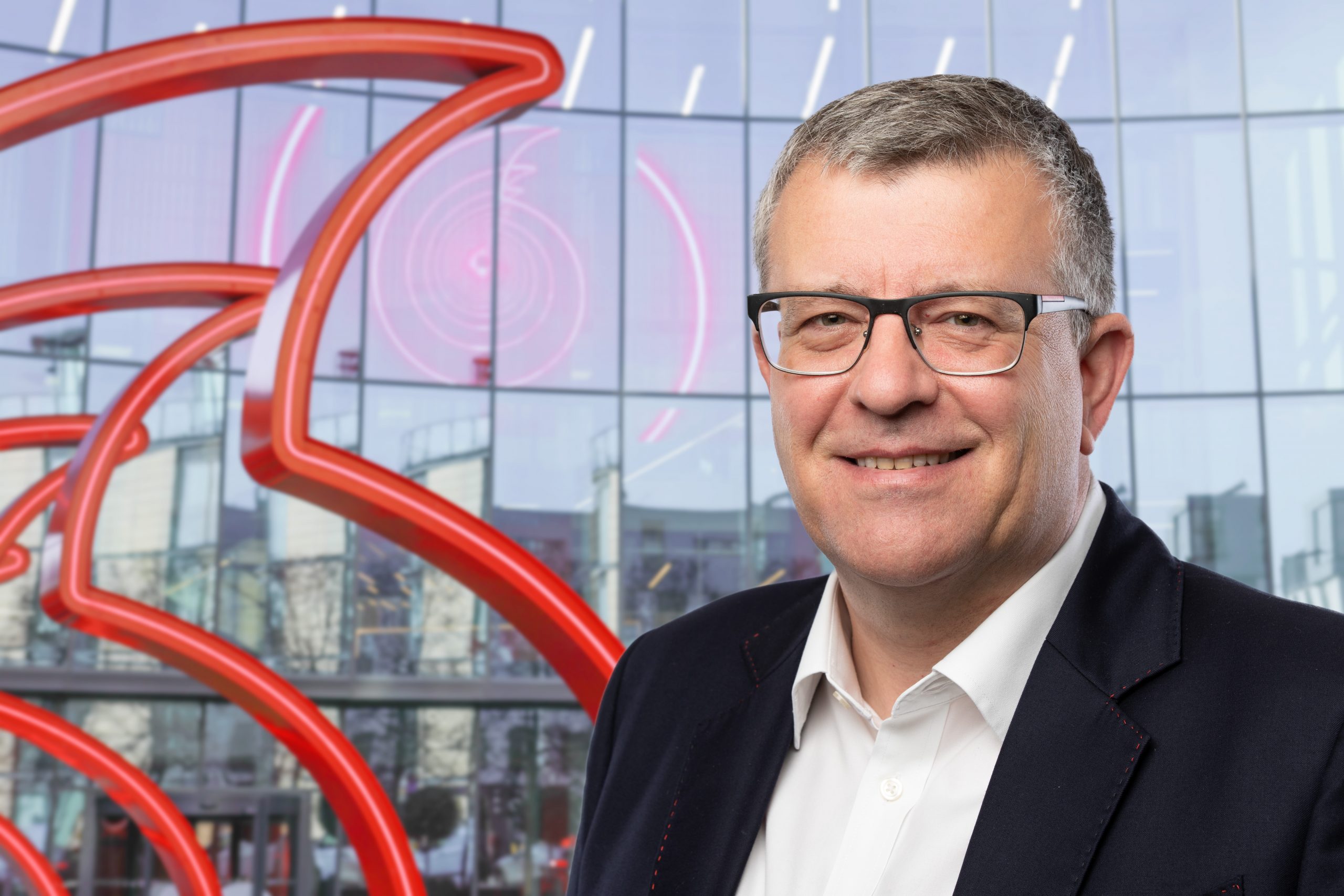Ofcom has started a consultation into how mobile networks can stay operational during power cuts. But before we start making big promises, let’s figure out how we are going to pay for it.
At first glance our YouTube miniseries with Emma Willis and Ofcom’s consultation on improving the resilience of mobile networks may seem unrelated at first glance. But the two are intimately connected.
In the series, Emma had to complete a series of day-to-day tasks – but without the assistance of her smartphone, which made those tasks and her life significantly more difficult.
“What’s at the forefront of my mind at the minute, is how much I take for granted being connected,” Emma said in the first episode.
Suddenly having to make do without mobile connectivity is where Emma’s experience ties in with the Ofcom review.
Vodafone already has a reliable, award-winning network. But this Ofcom consultation will ask us to go further by ensuring our network can function for as long as possible without being connected to the National Grid, such as during a power cut. The intention is to avoid a situation where huge numbers of people would also have to make do without connectivity.
This is obviously critically important and not just for business continuity plans, where many workers would expect to be able to hotspot off their smartphones while working from home. Mobile is quickly becoming the ‘network of last resort’ as the UK switches off its ‘PSTN’ legacy analogue landlines.
Your landline is changing: Everything you need to know
The UK is switching off its old analogue landline telephone network. If you have a landline from Vodafone, here’s how this affects you.
Numerous ideas have already been floated, from on-site power generation to power storage solutions. But, before we even consider implementation, we have to figure out how we are going to pay for it.
There are 12,000+ mast sites alone within the Vodafone UK network, so the cost of building power redundancy into them all could run into the hundreds of millions.
The Mobile Network Operators cannot be asked to shoulder this financial burden alone. Building redundancy into every element of the network would be another significant investment, in addition to the 5G and full fibre ambitions that we share with Government.
Vodafone is proposing a shared funding model. The Mobile Network Operators would of course be contributors, but so would the Government, the utility companies that we pay to provide secure and reliable energy services, and the cloud companies that have benefitted significantly from the mass adoption of mobile and the countrywide rollout of networks, but have not contributed financially in any material manner. The shared funding model would be holistic, avoiding any disproportionate impact on any one industry or company.
Vodafone teams up with Emma Willis to drive awareness of digital exclusion
Vodafone has appointed TV presenter, Emma Willis, as brand ambassador to raise awareness of digital exclusion and help the company in its mission to close the digital divide.
The Australian Government has taken an interesting approach. By launching the Strengthening Telecommunications Against Natural Disasters (STAND) programme, Mobile Network Operators were able to apply for grants of up to $7.7 million to deliver enhancements and improved resilience to telecommunications facilities in regional and remote communities affected by natural disasters.
This stands in stark contrast to Japan where Mobile Network Operators bear sole financial responsibility for network energy resilience. However, the average amount that Japanese customers pay each month for mobile contracts in 2022 was roughly £27. In comparison, Vodafone customers in the UK paid an average of £14.20 a month – almost half as much.
In short, we want to protect customers (both consumers and businesses) from paying more. By sharing the financial burden more fairly, our proposed funding model adds another level of resiliency that strengthens the digital foundations on which much of our lives and economy are built upon.
The consultation from Ofcom is a positive first step forwards. Greater resiliency for the digital networks across the UK can only be a good thing, but we have to be sure that no single company or industry is disproportionately and unfairly burdened by rushing ahead.
Stay up-to-date with the latest news from Vodafone by following us on Twitter and signing up for News Centre website notifications.


